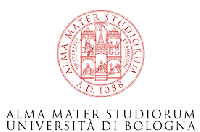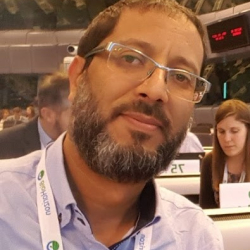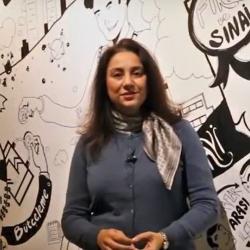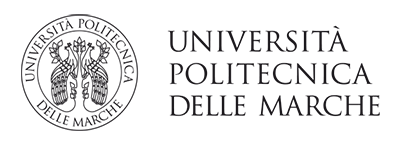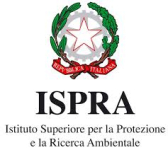ABOUT US




High treatment costs, possible negative effects and actual low public acceptance can hinder and restrict the safe usage of non-conventional water resources (NCWR, i.e. treated wastewater and desalinated water) that can help the Mediterranean region to overcome water scarcity in agriculture. FIT4REUSE aims to tackle these challenges through three main pillars of the project: i) innovation of treatment technology, ii) application in simulated/relevant environment and iii) assessment and regulation, insured by the inclusion of research, governmental and industrial partners from different parts of the Mediterranean region. The first pillar will concentrate on the wastewater treatment and desalination to optimize the treatment technologies and to offer sustainable solutions. In particular, nature-based solutions and intensive wastewater treatment will be tested singularly or combined to provide the best possible quality of alternative water resources that can later be safely used in agriculture. Once water of suitable quality is obtained, the second pillar will study direct and indirect water reuse schemes. Different irrigation technologies and practices, together with the effects that NCWR have on soil and food safety will be studied. In the case of aquifer recharge with treated wastewater, the application pillar will aim to find the best way to preserve aquifer water quality and its ecological balance, improving also the soil treatment and the infiltration processes. The third pillar will study the results obtained and analyse economic, social and environmental impacts of the solutions proposed. Moreover, the reasons for low public acceptance of NCWR will be analysed and solutions offered to overcome problems connected to it within the actual policies and regulatory framework. Finally, guidelines to standardise water reuse safety planning will be developed to minimise the threats and support regulation and water policies in Mediterranean regions.
